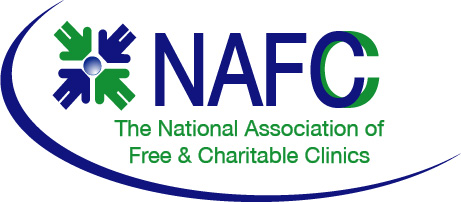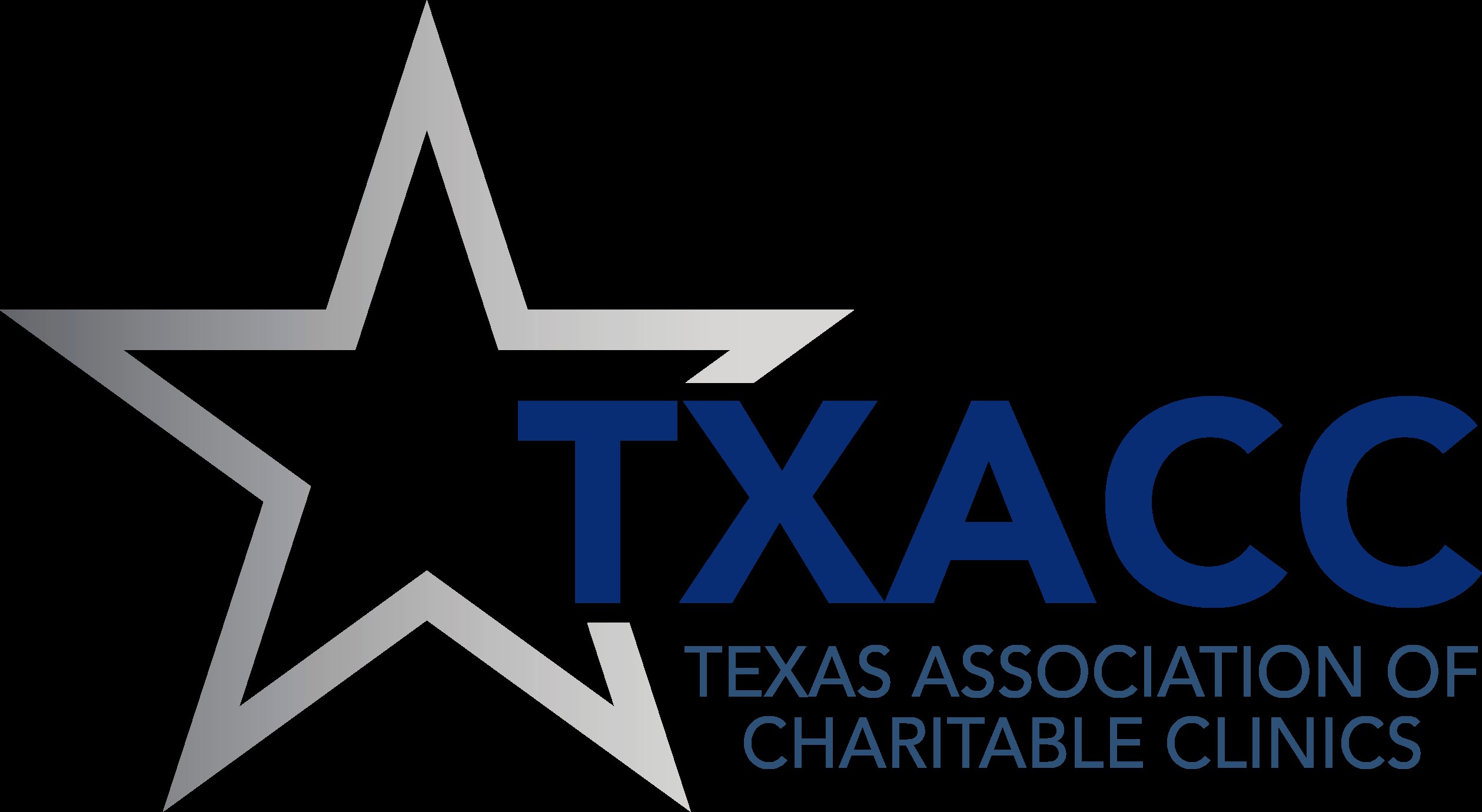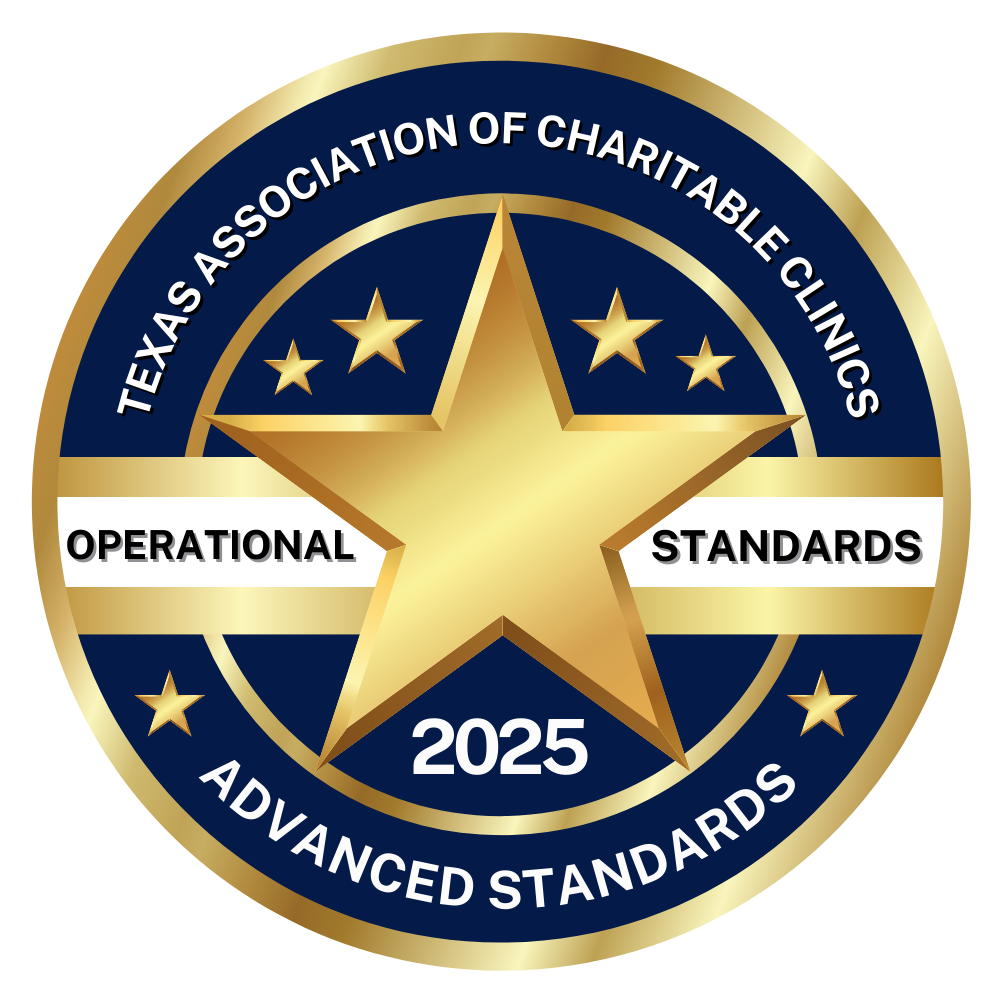Ways to Give
Ways to Give
We appreciate your support through monetary donations, in-kind contributions, stocks, and other gifts that help us fulfill our mission. Your investment is crucial in enabling us to provide free services to women and families across North Texas. Our operational funds primarily come from generous donations from individuals, businesses, churches, and foundations. Every contribution, no matter the size, plays a vital role in our efforts.
We are deeply grateful to our financial partners who join us in serving our community, offering essential medical and social services during critical times. Our commitment to transparency includes annual audits by an external accounting firm. Upon request, we gladly provide copies of our latest audited financial statements. Furthermore, we undergo rigorous reviews from ECFA (Evangelical Council for Financial Accountability) and Excellence in Giving, which awarded us their Seal of Transparency.
Thank you for helping us provide hope and support to those in need, empowering them to make life-affirming choices.
Methods of Support
- ACH or Credit Card Online, or call Jillian Tekell at 972-284-1148 to make a gift over the phone.
- Make checks payable to: Involved for Life, 525 N. Ervay St. Dallas, TX 75201
- Non-Cash Gifts: Contact Janna Gardner at janna@w2w.health or 972-636-4472 regarding non-cash gifts such as stocks, bonds, real estate, and other types of assets.
- Planned Giving
- In-Kind Donations: New baby items may be dropped off during regular business hours. Office or medical equipment may also be donated directly for ministry use. Please call 972-636-4460 for more information on items accepted. A receipt will be issued for tax purposes.
- Amazon Wish List: Shop for items on our Amazon Wish List here.
IRA Giving Opportunities
“Thanks to tax provisions made permanent in 2016, taxpayers aged 70½ or older can make tax-free distributions directly to a church or charity from traditional IRAs or Roth IRAs, up to $100,000 annually. (Direct charitable contributions from IRAs to donor advised funds, supporting organizations, private foundations, or charitable remainder trusts do not qualify.)
Under these rules, taxpayers can transfer IRA funds from a custodian to your chosen church or charity without incurring income tax. Donors may claim a charitable deduction only for the portion of the IRA funded with after-tax dollars. Traditional IRAs may contain both pre-tax and after-tax contributions, while Roth IRAs are funded entirely with after-tax contributions.”
Evangelical Council for Financial Accountability. (n.d.) IRA Direct Charitable Contributions. https://www.ecfa.org/Content/IRA-Direct-Charitable-Contributions-NP
Donor Advised Funds
Donor Advised Funds enable individuals and families to receive an immediate tax deduction for contributions made to the fund. This feature allows donors to deduct all contributions upon donation, even if the funds are distributed to charities at a later date. This flexibility encourages donors to contribute now and allocate funds to charitable causes at a more opportune time or as needs arise. If you or your family have established such a fund in previous years, now is an ideal moment to support causes that hold significance for your family during this exceptional time of need.
Involved for Life serving as Woman to Woman Health Center encourages donors to consult with your tax advisor to determine the most advantageous approach for you and your family. We are profoundly grateful for your support of Involved for Life, Inc. serving as Woman to Woman Health Center and other initiatives that advance God’s Kingdom in a world yearning to experience His boundless love.
Sign up to receive our weekly prayer email.
how we have helped
Freshly graduated and brimming with ambition to become the next female CEO, Lauren’s world took an unexpected turn when she discovered she was pregnant. Overwhelmed by fear and uncertainty, she grappled with how to reconcile this new reality with her... Read More.
When the nurse performed the ultrasound, the scan showed a very small developing preborn that was just six weeks old. Then the baby’s heartbeat came up on the screen, and the tears began to flood down her face. Joy found... Read More.
“I was single. I was pregnant. And, I didn’t know what to do. People around me were telling me to abort.” But Samaria hit the internet looking for someone to help her with her pregnancy. “The health center welcomed me,... Read More.







